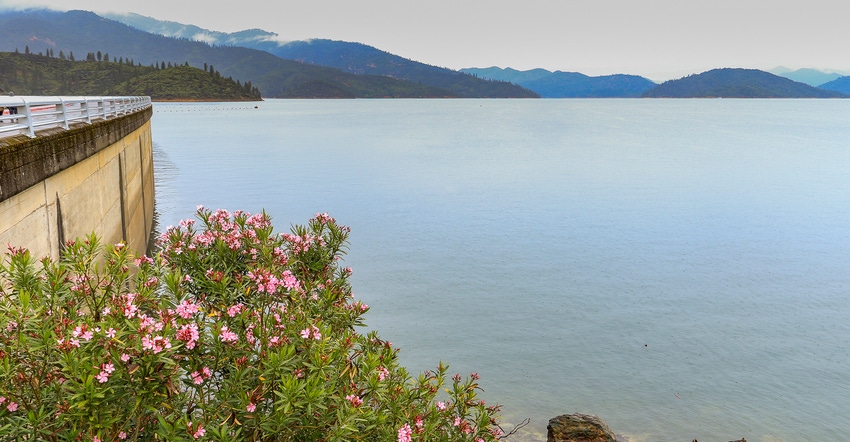
Can California’s water woes be solved?
Some think that all it takes is money, which is exactly what the California Legislature may ask voters in 2020 for in the name of clean drinking water.
In the last several years Californians bought the arguments made by farmers, environmentalists and pretty much everyone else who was promised access to the cookie jar. Farmers were told they’d get more water storage to augment their annual allocation of irrigation water, which continue to shrink because of bad public policy. While not said overtly, the implications were “give us more money and we’ll get you back up to a full irrigation allotment.”
How’d that work out?
Since 2000 California has passed about $30 billion in clean drinking water bonds, in which a few dollars for farmers were thrown in to buy their support. But like Lucy’s promise to hold the football for Charlie Brown, farmers discovered once again that they were lied to.
A recent article by Jon Christensen, an adjunct assistant professor at UCLA, claims we’re getting closer to clean water in California and can’t afford to stop now.
No. What we can’t afford is the path we’re on. Bond measures like Proposition 1 promised billions of dollars to improve water storage in California yet delivered on none of it. Meanwhile, lawyers and environmental justice groups got paid; parks projects were funded; and, Californians incurred unsustainable indebtedness because the lies were told often and loud.
Meanwhile, California continues to allow trillions of gallons of fresh water be converted to salt water that could easily be treated for municipal purposes, or immediately used to irrigate crops. Instead, small water districts like DelPuerto are forced to buy treated sewage water from the cities of Turlock and Modesto to irrigate crops. How ridiculous is that when the rivers that flow through that region already convey some of the cleanest water in the state?
With the start of a new water year less than a month away, the lakes and reservoirs that are still nearly full will be drawn down to contain another winter season’s worth of rain and snow melt as the annual winter weather guessing game begins to take shape. Meanwhile, farmers downstream from Shasta Lake, still with over 3.5 million acre feet of water in storage behind the dam, can’t understand why their government denied them a full allocation of irrigation water yet again.
Central California resident Kristi Diener, who’s Facebook page “The California Water for Food and People Movement” regularly records the growing amount of water California wastes through its public policies, complained recently that we’ve forever lost more water to the Pacific Ocean this year than we could ever save through conservation measures signed into law by former Gov. Jerry Brown.
Sadly, California is out of easy, expedient options. While the state amasses billions in new surplus money, bond debt payments must be made; and, to compound matters, the demand on public pension funds far exceeds the state’s ability to pay, according to one Sacramento lobbyist with a deep understanding of state budget matters.
In a day and age where “sustainability” is an oft-used buzzword by the ruling party in Sacramento, it’s ironic that a state government with no political opposition cannot find the will to do the right thing to sustain a once-great state, its economy, and its ability to produce food and fiber to feed the world.
About the Author(s)
You May Also Like






